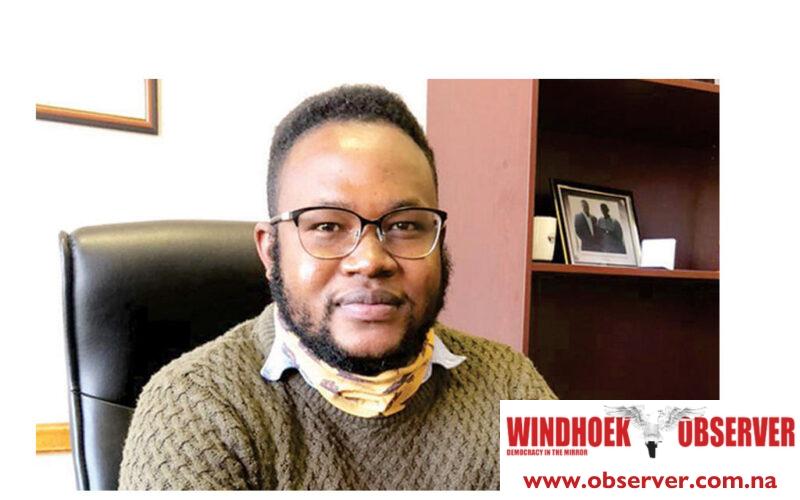Erasmus Shalihaxwe
Maximalliant Katjimune, a Popular Democratic Movement (PDM) member of Parliament, has criticised the government for introducing the Public Gatherings and Public Processions Bill.
He described the bill as an oppressive law that is in violation of the Namibian Constitution.
Albert Kawana, the Minister of Home Affairs, Immigration, Safety and Security, introduced the bill in the National Assembly on Wednesday.
“Introducing a bill called the Public Gatherings and Public Processions Bill. That is wrong. Because effectively, what this bill aims to do is suppress Article 21 of the Constitution as far as fundamental rights and freedoms are concerned, specifically Article 21(d),” he said.
The bill aims to regulate public gatherings and processions by making provisions for those who wish to demonstrate to appoint organisers and apply for permission to demonstrate.
It stipulates the powers of police officers with respect to public gatherings and public processions and prohibits the carrying of weapons at public gatherings or public processions.
Katjimune said the rise in demonstrations is a result of the public’s growing disdain for social issues affecting the nation, such as unemployment.
“Those are the substantive issues we should be dealing with, rather than being creative and now introducing oppressive laws such as this one. That is fundamentally wrong. What the government should be concentrating on is where there is an upsurge in demonstrations because of unemployment, an upsurge in demonstrations because of inequality and poverty,” said Katjimune.
He added that the bill aims to suppress Article 21 of the Constitution in terms of fundamental rights and freedoms.
“When you go into the substantive elements of this bill, what it seeks to do is make having a peaceful public demonstration very difficult to do by introducing various cumbersome processes that organisers of public demonstrations should go through,” he said.
The Public Gatherings and Public Processions Bill outlines stringent requirements for organising public demonstrations or protest actions.
The Bill states that organisers must notify the police five days before any public gathering or procession.
“For a small community like Khorixas or the small community of Tsumkwe, can they really go through these cumbersome processes that are set out under the law for them to comply with the law if they want to organise a demonstration? It is unacceptable,” said Katjimune.
In exceptional circumstances, a notice period of 48 hours may be accepted, provided reasonable grounds for the shorter notice are given.
The police are required to provide written reasons if a shorter notice is declined.
The Bill specifies several areas where public demonstrations would be restricted.
These include court buildings, the National Assembly, the National Council, State House, airports, embassies, and other buildings used as foreign mission offices.
It also covers correctional service buildings and facilities of the Namibia Central Intelligence Service.
Organisers must seek special permission to hold gatherings within 500 metres of these restricted areas.
Organisers are tasked with ensuring compliance with the regulations, informing participants about the prohibition of carrying weapons, and maintaining order during demonstrations.
They are also responsible for cooperating with police officers to safeguard public health, order, and safety.
Violations of these provisions can result in fines up to N$5 000 or imprisonment for up to one year.
“We reject this bill in its entirety as it is any oppressive bill that does not conform with the spirit of our constitution, the spirit of chapter three of our constitution, and we urge the government that when you are faced with challenges where series are not happy, address the issues. Don’t come here and be creative with laws that seek to suppress the fundamental rights enshrined in our constitution,” he said.
Kawana defended the Bill, stating that its objective is to facilitate and protect the exercise of rights and freedoms guaranteed under the constitution while maintaining public health, order, and safety.
“This legislation is not about suppressing freedoms but about ensuring that public gatherings are conducted in a manner that does not compromise national security or public safety,” Kawana asserted.




